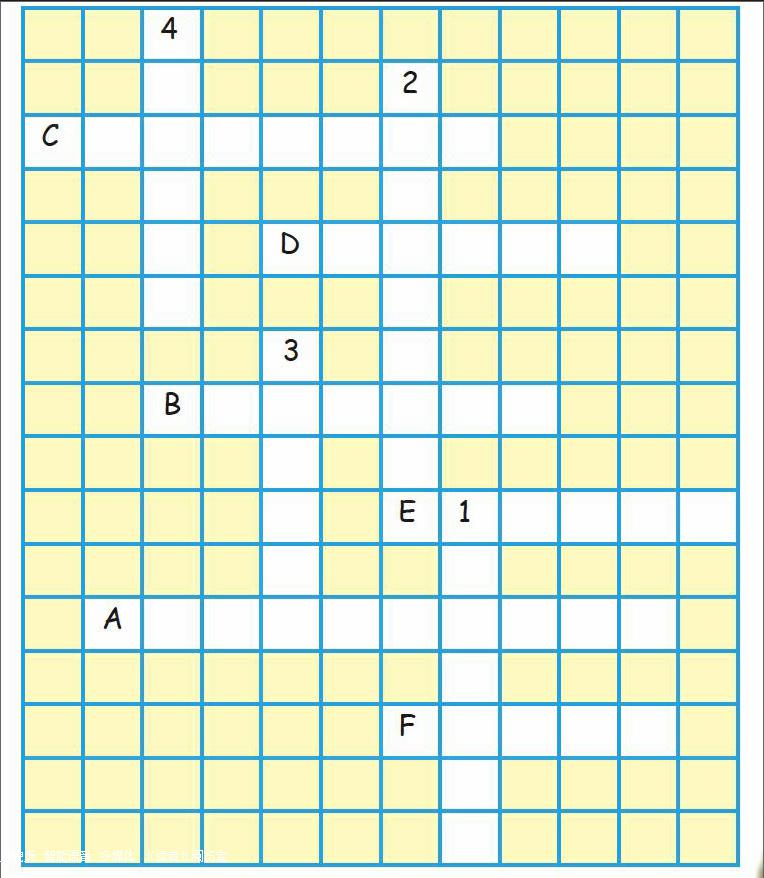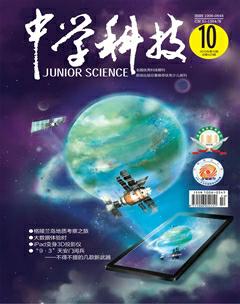Smart Shirts Generate Electricity


You'll get a charge out of the (1) c__________of the future. Scientists in South Korea have developed a flexible, foldable and wearable fabric that generates electricity as it bends and flexes. A person wearing a shirt tailored from the material only has to move around to power a small screen or other (A) e__________devices.
The advance represents an important step toward making wearable power sources a (B) r__________ , says Yunlong Zi. He's a physicist at the Georgia Institute of Technology, in Atlanta, who did not work on the new fabric. In his own lab, he studies ways to harvest energy. "Cell phones need (2)
b__________, but batteries have limited life." he notes. With clothing that can generate electricity, he notes, that's no longer an issue: "You can make power by yourself."
Sang-Woo Kim led the development of this new (C) m __________. He works at Sungkyunkwan University in Suwon, South Korea. A shirt made from the new (3) f__________can be worn - even patched - like any other item of clothing. "It feels like an ordinary jacket." he told Science News for Students.
The power-generating material is known as a wearable triboelectric (摩擦电的)nanogenerator (纳米发电器), or WTNG. The material includes tiny zinc-oxide rods only billionths of a meter long. Those nanoparticles help convert (D) m__________into electricity.
The smart shirt generated enough electricity to power a small (E) s__________It glowed. The shirt also lighted up an array of small light-emitting diodes (二极管). And it powered the keyless remote. In the near (4) f__________, Kim's team wants to develop textile-based batteries. These should be able to store energy. For now, the (F) s__________only works when someone is moving. The researchers also are on working a washable version.
(A, B, C, D, E, F FOR CROSS, 1, 2, 3, 4 FOR DOWN. The first letters of the absents were given)

